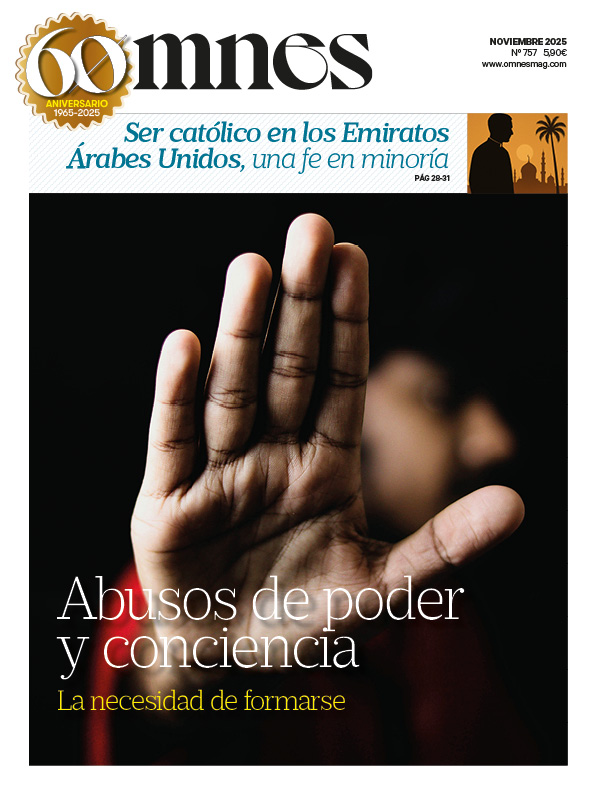By Jenna Marie Cooper, OSV News
P: In a previous column, you said that purgatory was a state outside of time and that we can't talk about how long someone spends in purgatory in terms of years. But then why do you sometimes see old religious holy cards that say a prayer is worth «100 days of indulgence» or something similar?
Purgatory, outside of time
R: Purgatory is, in effect, a state that exists outside of the linear time we experience in our earthly life; therefore, we cannot speak accurately of how long a soul spends in purgatory in literal terms of days, months or years. However, there are other reasons for sometimes using temporal terminology when speaking of purgatory.
God is always ready to forgive our sins if we turn to Him with sincere repentance. However, as we read in the Catechism of the Catholic Church : «It is necessary to understand that sin has a double consequence». Besides the possibility of losing our entrance to heaven, «every sin, even venial, implies an unhealthy attachment to creatures, which must be purified here on earth or after death in the state called Purgatory».
This paragraph of the Catechism goes on to point out that the sufferings of purgatory, which are intended to heal the wounds of the soul that come from a disordered love of created things, are called the «temporal punishment of sin.» The word «temporal» refers to the concept of time, in the sense that purgatory is «limited in time,» unlike the eternal suffering of hell.
There are several ways to, so to speak, «shorten the time» in purgatory. One of them is to strive to break with sin while we are still on earth, which is achieved by cultivating the habit of prayer, practicing penance and performing works of charity, and patiently accepting whatever suffering comes our way.
For our deceased friends and relatives who are already in purgatory and who cannot do these things for themselves, we can hasten their journey to heaven by praying for them. In addition, we can also obtain indulgences for ourselves or for those in purgatory.
Indulgences and help for souls
An indulgence is a special favor, granted by the Church on the occasion of the performance of some act of piety (such as praying a particular prayer or visiting a particular church), which partially or totally remits the temporal punishment due for sins.
The Church can do this because of the «power to bind and loose» that Jesus conferred on her; and also because many saints were holy and virtuous beyond what was necessary for their own salvation. This «extra» holiness of the saints is called the «treasure of grace,» and the Church can apply it to the souls most in need (see paragraphs 1475-1479 of the Catechism).
Plenary indulgence resolves all the necessary purification and frees the soul from purgatory; while partial indulgence relieves the suffering of purgatory incompletely.
When ancient references are found to an indulgence for a specific number of days or years, this indicates that it is a partial indulgence. The mention of earthly periods of time was intended to communicate that the indulgence would have the effect of the amount of patient suffering or good works that a person could endure or perform in that span of time if he were on earth. For example, an indulgence of one hundred days would grant the same grace that a person could obtain by performing the equivalent of one hundred days of good works.
This way of calculating the time of purgatory could be misleading, so Pope St. Paul VI decided to abolish the practice of quantifying indulgences in terms of earthly measures of time in 1967 with the Apostolic Constitution «Indulgentiarum Doctrina». The Church continues to grant partial indulgences, but we now entrust the exact amount of grace to the mysterious providence of God.








